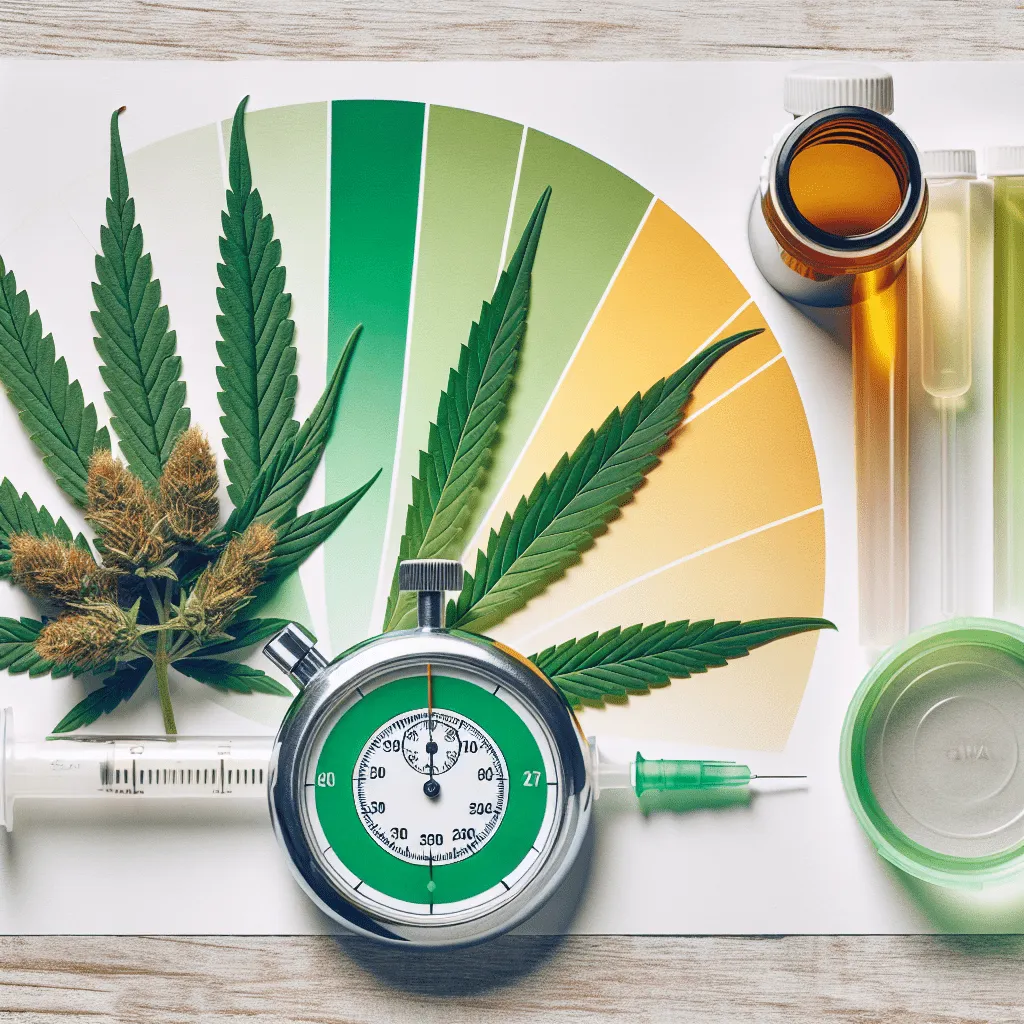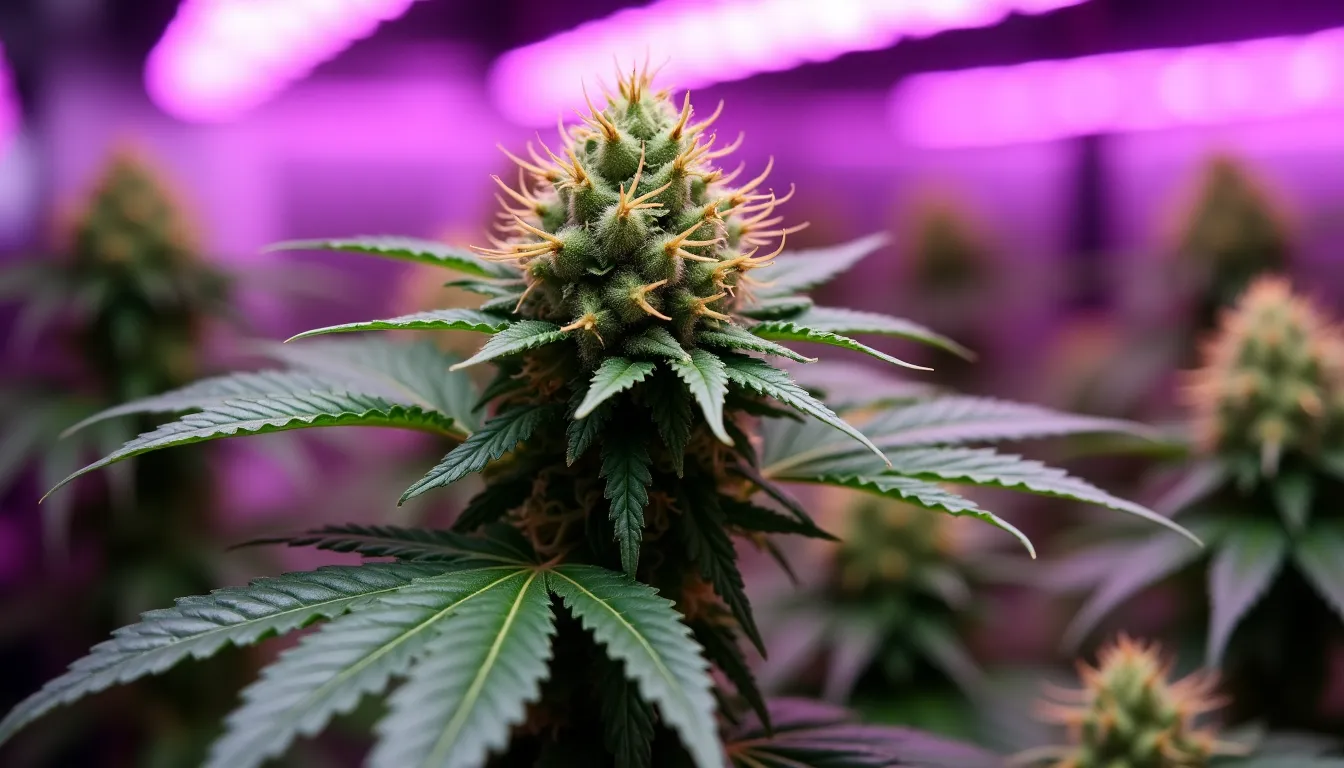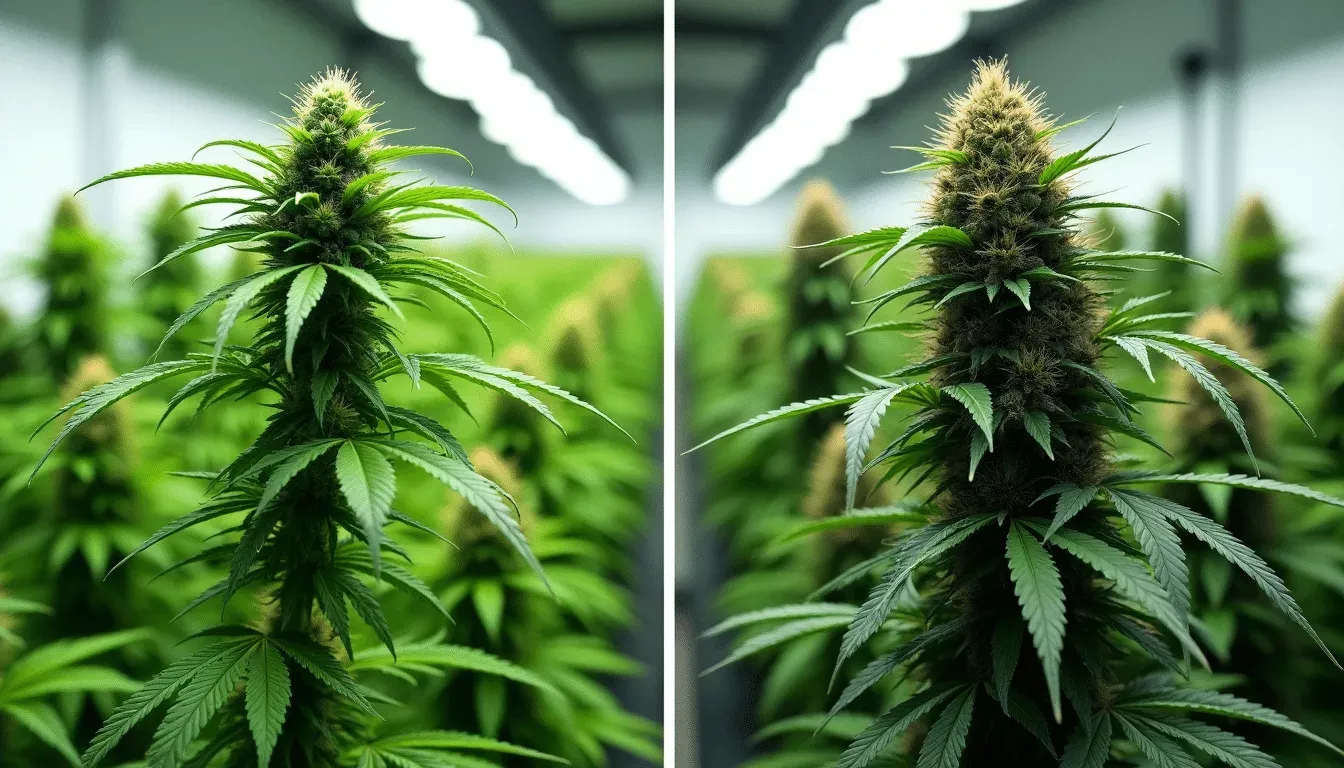How long does weed stay in pee after quitting?
If you’ve recently decided to quit using cannabis, one question might be weighing heavily on your mind: how long does weed stay in your urine? This topic is essential, especially if you’re preparing for a drug test. Understanding the timeline can help you make informed decisions. Let’s explore how long cannabis can remain detectable in your system, including specifically discussing how long does weed stay in pee, and what factors influence this duration.
Table of contents
The Basics of THC in Your Body
When you consume weed, the active compound known as THC (tetrahydrocannabinol) enters your bloodstream. THC is responsible for most of the psychoactive effects of cannabis. Your body metabolizes THC, and one of the byproducts is stored in fat cells. From there, it can remain in your body for varying lengths of time, depending on multiple factors.
In urine tests, THC is detected based on its metabolites. These are substances created when your body breaks down THC. The most common method to test for cannabis is through urine analysis, which is why knowing how long THC stays in your pee is crucial.
How Long Does THC Last in Urine?
On average, THC can be detected in urine for different time frames, depending on various factors. Most casual users will find that THC is detectable in urine for about 3 to 7 days after they last used cannabis. If you’re using cannabis frequently—like several times a week—this window increases significantly. In such cases, THC can show up in urine for 10 to 30 days or even longer after quitting.
Factors That Influence Detection Time
Several factors impact how long THC remains in your system. Understanding these can help clarify your personal situation. Here are the key factors:
Frequency of Use
First, how often you use cannabis plays a significant role. If you’re a regular user, THC accumulates in your body. In contrast, occasional users may clear THC faster. Studies suggest that daily users could take several weeks to fully eliminate THC.
Body Composition
Another important factor is your body composition. THC is stored in fat cells, so individuals with higher body fat may retain THC longer. Therefore, a person with a lower body fat percentage might clear THC more quickly.
Metabolism
Metabolism varies from person to person. If you have a fast metabolism, your body might process and eliminate THC more swiftly. Conversely, those with slower metabolisms may take longer.
Hydration and Diet
Hydration can also play a role in how long weed stays in your pee. Staying hydrated helps flush metabolites from your system. However, excessive water intake just before a drug test might lead to diluted urine, which can raise suspicion. A balanced diet that supports a healthy metabolism can also aid in clearing THC.
Age and Overall Health
Age and general health can affect your body’s ability to process cannabis. Younger individuals may have more efficient metabolisms compared to older adults. Similarly, overall health, including liver and kidney function, will influence how quickly THC is eliminated from your body.
Timelines Based on Usage Patterns
Let’s break down some typical timelines you might expect based on usage patterns:
Occasional Users
If you smoke weed occasionally, you might find THC in your urine for about 3 days after use. It’s generally safe to expect that after a week, you’ll likely test negative.
Moderate Users
For those who use weed about once a week, expect THC detection for about 7 to 14 days. Even after you quit, it may take two weeks for your body to be clear of THC.
Frequent Users
Frequent users, defined as daily or near-daily consumption, can expect THC to remain in their urine for 30 days or more. In some cases, heavy users have reported detection times up to 90 days post-cessation.
Heavy Users
Individuals who use cannabis multiple times a day may find that THC lingers detectable for 60 to 90 days. The timeline can stretch even longer because of the high levels of THC stored in their body fat.
Testing Methods: What’s the Best Way?
When it comes to drug testing, various methods can be employed. Urine tests are the most common, but they are not the only way to detect THC. Other methods include hair, saliva, and blood tests, each with its own detection window.
Urine Testing
Urine testing is the go-to method due to its simplicity and cost-effectiveness. As we discussed, detection windows vary based on usage patterns.
Blood Testing
Blood tests typically detect THC for a shorter period, usually within a few hours to a few days after use. This method is often used in situations like DUI testing.
Hair Testing
Hair tests can detect THC for the longest time—up to 90 days. However, the detection window is dependent on hair growth rates and can vary among individuals.
Saliva Testing
Saliva tests are becoming more common, particularly in roadside checks. THC is usually detectable in saliva for about 1 to 2 days after use.
An Example from Real Life
Consider Mike, an occasional cannabis user. After enjoying a few puffs during a weekend gathering, he ended up taking a standard urine drug test a week later for a new job. Fortunately for him, since he hadn’t smoked since that weekend, the test came back negative. On the other hand, his friend Lisa, who smokes daily, faced a different scenario. She didn’t quit before her drug test and faced a prolonged detection period. This highlights how crucial individual usage patterns are.
Tips for Cleansing Your System
If you’re looking to expedite the process, here are some practical tips:
Hydrate Well
Staying hydrated is essential. Drinking water helps your kidneys flush out toxins. However, don’t overdo it, especially before a test.
Eat Healthy Foods
Consume plenty of fruits, vegetables, and lean proteins. Foods high in fiber can help purge your system. Green veggies and berries, for example, can be particularly beneficial.
Exercise
Regular exercise may help speed up metabolism and fat burning. Cardio, strength training, and even brisk walking can be effective.
Avoid Fats and Sugars
It’s wise to limit fats and sugars during this period. These can slow down metabolism, making it more challenging to clear THC from your system.
Conclusion: Planning for the Future
In summary, how long weed stays in your urine is influenced by several factors including how frequently you use it, your body composition, metabolism, and overall health. Casual users may clear THC within a few days, while frequent users may take several weeks. Regardless of your situation, understanding these timelines empowers you to make informed choices.
If you’re facing a drug test or just want to cleanse your system, consider your personal habits and health goals. Remember, while some tips may help speed up the process, there’s no magic trick to instantly remove THC from your body.
For further reading, the National Institute on Drug Abuse offers insightful information on cannabis, its effects, and detection methods. You can find more here: NIDA.
By arming yourself with knowledge, you can navigate your choices more confidently. Whether it’s enjoying cannabis responsibly or preparing for life after quitting, comprehension is key to managing your journey ahead.
FAQ
1. How long can THC be detected in urine after quitting weed?
THC can typically be detected in urine for 3 to 30 days after quitting, depending on various factors such as frequency of use and individual metabolism.
2. Does occasional use affect how long THC stays in urine?
Yes, occasional users may only test positive for a few days after use, while regular or heavy users may test positive for several weeks.
3. Can hydration or detox drinks help eliminate THC faster?
While staying hydrated can dilute urine, it is not a guaranteed way to eliminate THC quickly. Detox drinks may help, but results can vary.
4. How does the method of consumption impact THC detection time in urine?
Smoking or vaping marijuana usually leads to shorter detection times compared to consuming edibles, which can stay in the system longer due to slower metabolism.
5. Are there any factors that can affect individual THC clearance rates?
Yes, factors such as body fat percentage, metabolism, frequency of use, and overall health can significantly influence how quickly THC is cleared from the body.
Share this content:



